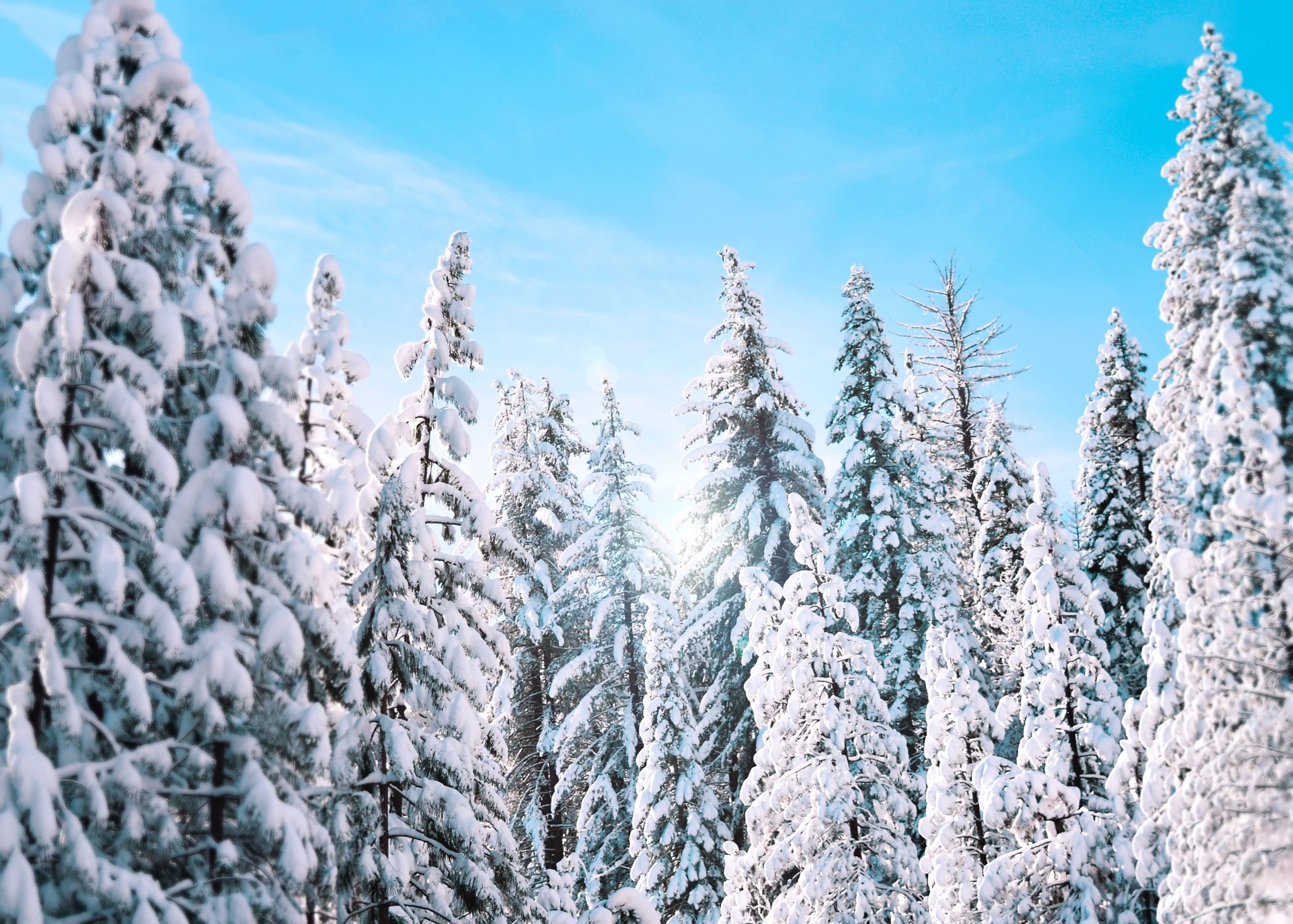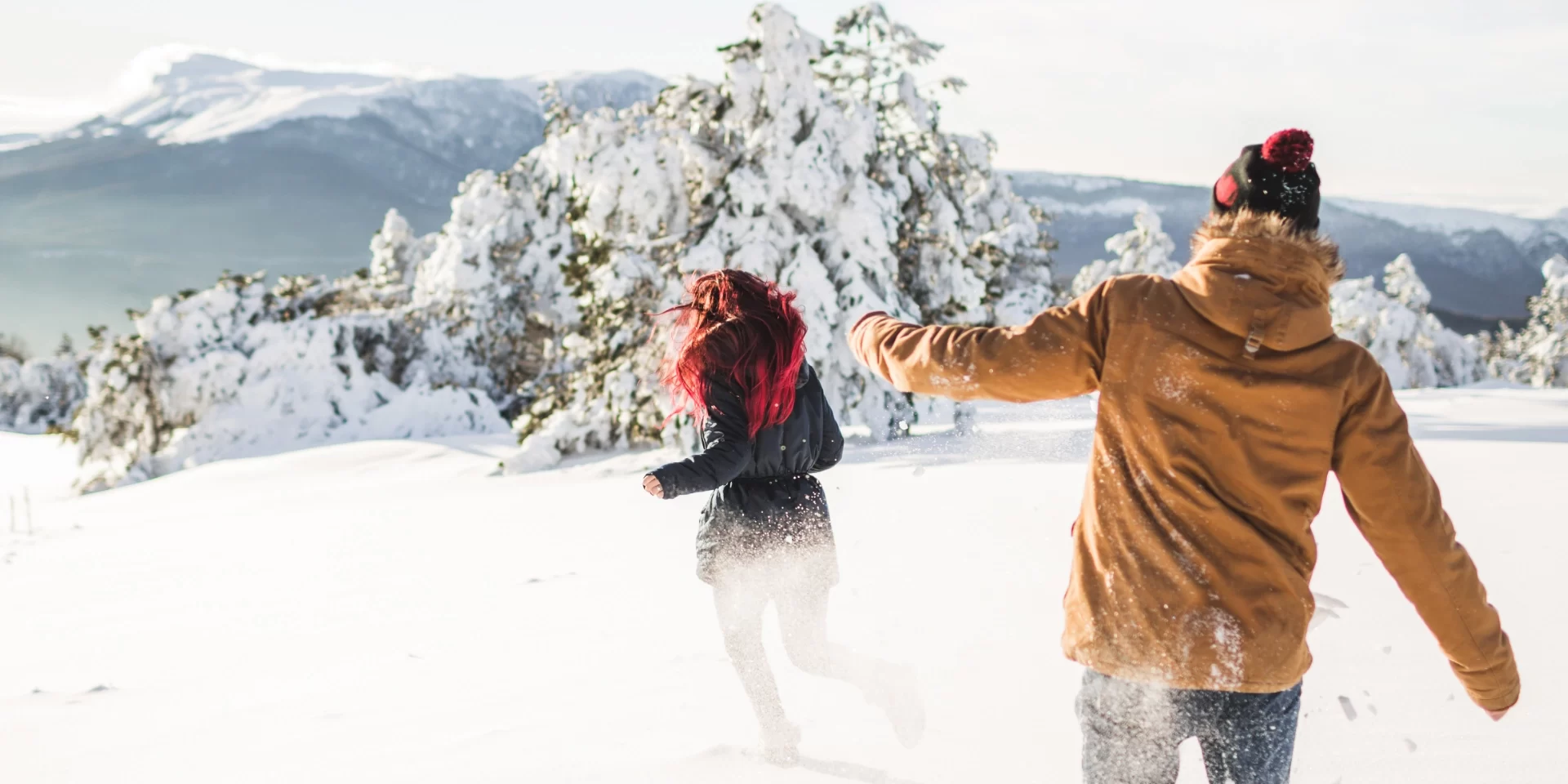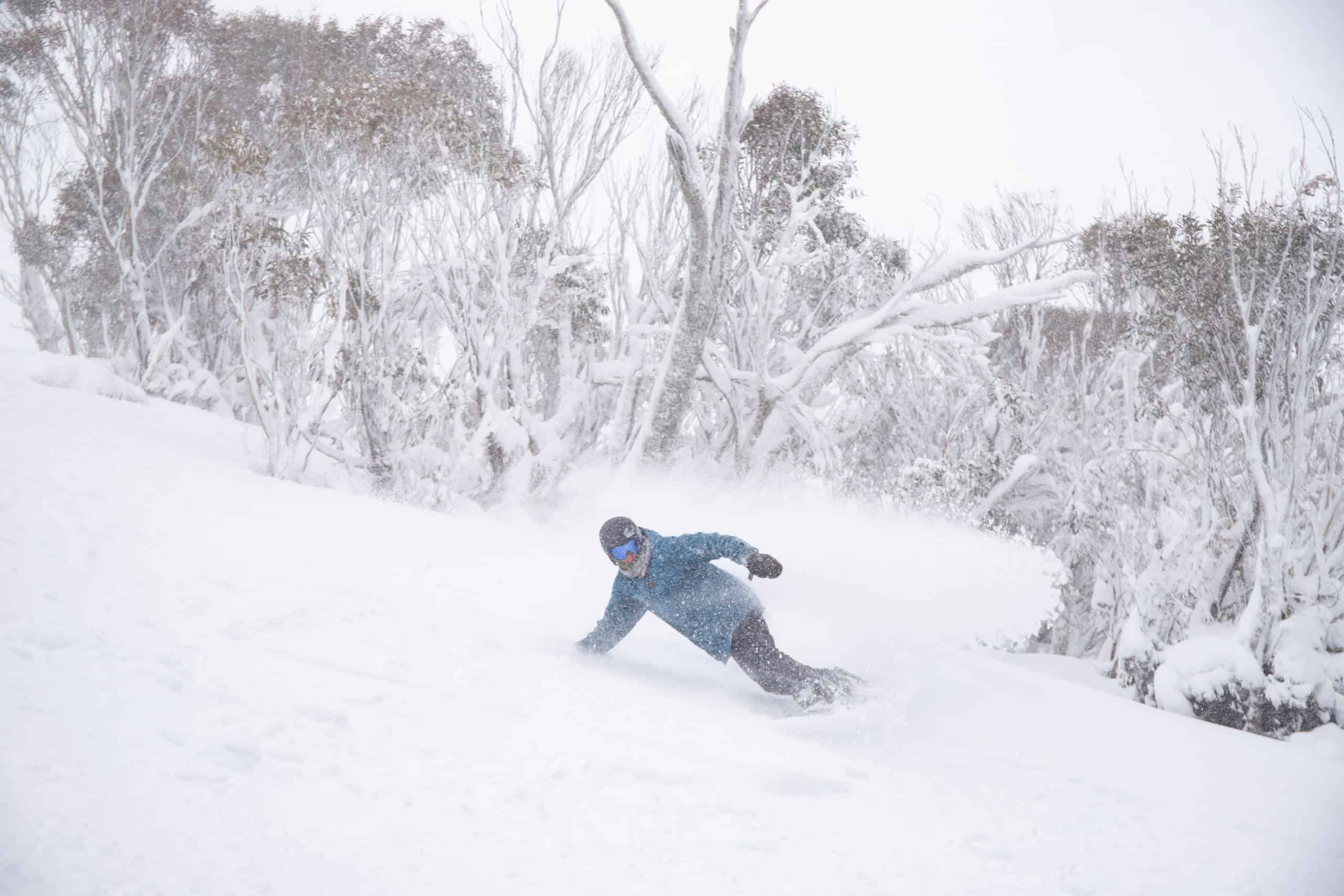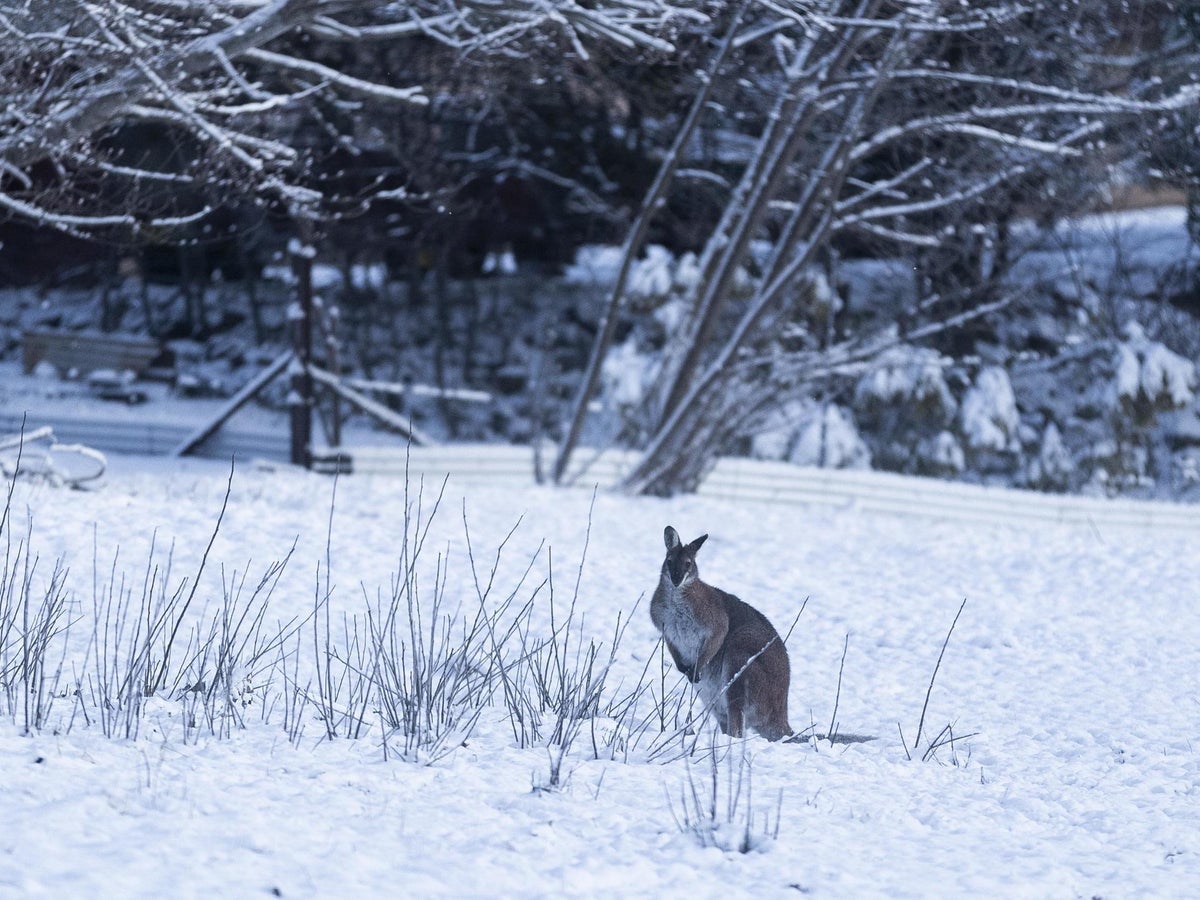The Numerous Sorts Of Snow in Australia and Their Effect On Winter Season Sports
Australia, known for its sun-soaked coastlines, is likewise home to a diverse selection of snow conditions that substantially influence winter months sports. Each kind, from the wet coastal snow to the dry indoor powder, offers special difficulties and benefits for athletes. An understanding of these variants is crucial for those seeking to navigate the Australian slopes, as each needs different techniques and strength. The adhering to exploration will certainly go over the effects of these snow types on winter sporting activities efficiency.

Understanding the Qualities of Various Snow Kinds
While several assume that snow is a homogeneous entity, it is vital to recognize that there are various types, each with distinct attributes. In Australia, these variations are especially noticable as a result of climatic diversity. Coastal snow, located in locations such as the Snowy Mountains, is typically wetter and denser as a result of high wetness material, making it perfect for snowball fights or constructing snowmen. On the other hand, the snow located in the interior areas like the Australian Alps is drier and lighter, frequently contrasted to a fluffy powder. These differences in snow kind aren't merely aesthetic; they significantly effect winter sports, dictating the ease of movement, the speed possible, and the level of control required from athletes.
The Influences of Powder Snow on Snowboarding and Snowboarding
In spite of its light and fluffy appearance, powder snow in the Australian Alps presents both distinct difficulties and chances for wintertime sports fanatics, especially those participated in skiing and snowboarding. The loosened, completely dry nature of powder snow can initially be tough to navigate for newbies, calling for cautious equilibrium and control. For even more experienced practitioners, the soft, untracked snow provides an electrifying experience, enabling for nimble and dynamic motion - Does It Snow In Australia. The flexible and smooth surface of powder snow likewise lowers threat of injury throughout falls, making it a preferred selection for extreme winter season sports. It's worth keeping in mind, the differing depth and uncertain nature of powder can sometimes lead to hidden challenges, calling for consistent caution.

The Obstacles and Advantages of Jam-packed Snow in Winter Season Sports
Moving emphasis from the loose, completely dry powder snow, another common kind of snow in the Australian Alps is jam-packed snow, posing its very own set of challenges and advantages in the world of winter months sporting activities. This denser, more solidified form of snow provides a quicker, slicker surface, profiting sporting activities like downhill skiing and snowboarding, improving speed and precision. The very same characteristics also present obstacles. Its hard surface area can be risky, raising the potential for injuries during falls. In addition, browsing turns and managing speed can be web link difficult on packed snow, requiring greater ability levels from athletes. Despite these challenges, packed snow continues to be a crucial component in many wintertime sports, forming the efficiency and strategies of athletes.
The Duty of Wet Snow in Australian Winters Months Gamings
In comparison to the dense, slick surface of packed snow, damp snow plays a completely various function in Australian wintertime games. Snow In Australia. Its pliability makes it suitable for snow sculpting events and for strengthening snow frameworks in sporting activities like snow ft battles.

How Slushy Snow Affects Winter Sports Performance
Continuing the exploration of differing snow conditions in Australia, the influence of slushy snow on wintertime sports is an additional fascinating factor. Slushy snow, resulting from warmer temperatures or straight sunlight, poses unique obstacles to athletes. Thus, slushy snow changes the winter season sports landscape, requiring not just heightened physical exertion from professional athletes but additionally a better emphasis on security preventative measures.
Adjusting Wintertime Sports Techniques to Numerous Snow Problems

Conclusion
In conclusion, Australia's varied snow types considerably influence winter sporting activities performance. Each kind, from the slick seaside snow to the drier interior powder and the heavy, sticky damp snow, offers special difficulties and benefits.
Moving focus from the loosened, dry powder snow, an additional common kind of snow in the Australian Alps is packed snow, posturing its own set of obstacles and advantages in the world of winter months sports - Does Australia Get Snow.In contrast to the dense, glossy surface of stuffed snow, wet snow plays a completely hop over to these guys different role in Australian winter months video games. Its malleability makes it ideal for snow sculpting events and for fortifying snow structures in sports like snow fort battles.Continuing the exploration of differing snow conditions in Australia, the effect of slushy snow on wintertime sports is one more fascinating factor. Each kind, from the slick seaside snow to the drier interior powder and the heavy, sticky damp snow, presents unique challenges and advantages
Comments on “Plan Your Winter Escape to Enjoy Snow In Australia with Friends”